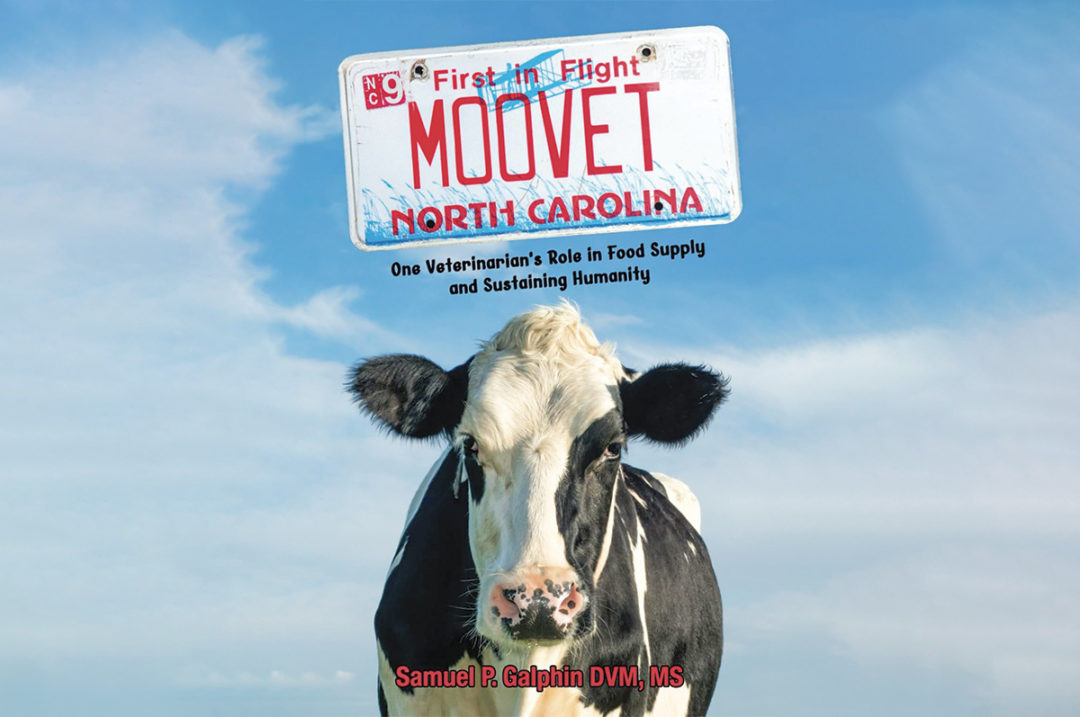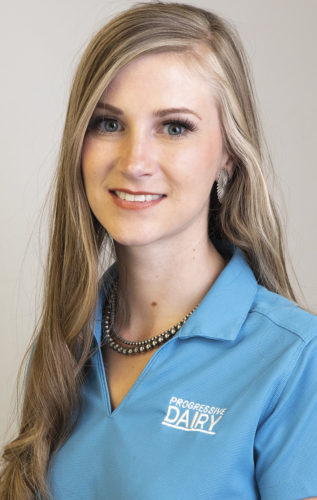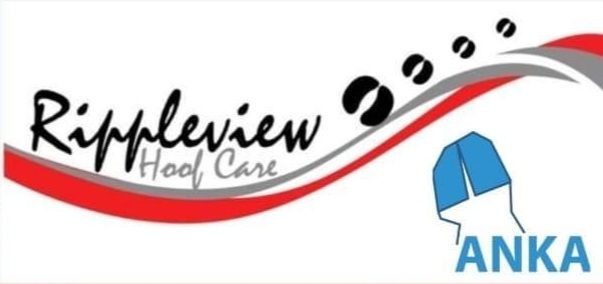How many veterinarians do you know who specialize in food supply veterinary medicine? And what does that even mean? In short, it implies helping to feed the world, one healthy cow at a time.
Meet Dr. Sam Galphin, a renowned specialist with a rare vocation. Galphin’s desire to “help feed the world” has taken him around the globe as an advocate and practitioner of herd welfare and safety. From milk production to meat consumption, the “Moo Vet” has seen it all.
Along the way, the veterinarian has stumbled into groundbreaking and controversial adventures on farms and dairies, told firsthand as only an expert vet and wordsmith can do. Galphin’s decades of anecdotes read like a “Sherlock Holmes” novel, with mysterious ailments and a trail of clues leading to daring diagnoses in the U.S. and abroad.
In his book, Galphin details his mission work and the many lives he’s touched in a career like no other. These meaningful experiences usher veterinary students and the public into good old-fashioned laugh-out-loud moments and the complexities of food supply veterinary medicine.
What is your background in the dairy industry?
GALPHIN: I grew up in a dairy area in South Carolina and was the son of a rural large-animal vet. There I fell in love with cows at an early age. After vet school at the University of Georgia, I enrolled in a master’s degree program with the dairy science department at Mississippi State University in ruminant nutrition with a minor in dairy herd management. I specialized in food supply veterinary medicine (cattle) during my career with an emphasis on mastitis control.
I owned and operated a dairy equipment dealership in order to renovate substandard milking facilities. I also specialized in cattle reproduction, earning a certification in embryo transfer. I owned and operated four different dairies of my own, selling my last one in 2015. My last dairy farm had a production center, a genetic center, an education center, a value-added center with a cheese production plant and an innovation center for research studies.
I sold and shipped frozen dairy embryos to many different countries globally. I also consulted with hundreds of farms around the world on four continents and made many friends in the process.
What inspired you to write the book titled Moo Vet?
GALPHIN: Young people inspired me to write this book. I had many youths accompany me on my rounds and in my world travels. When we would encounter herd problems, I almost always had a story to tell about a similar situation. The students encouraged me to write these stories down because they hadn’t heard examples like these in school. Their teachers did not have practical experiences since they typically spend their careers in academic settings. Therefore, when I retired, I wrote some of the stories down in Moo Vet.
How long did it take you to write the book?
GALPHIN: I started a different book on the dairy industry first but didn't have an ending, so I left that book and began the Moo Vet memoir. It took about two years to finish bouncing between the two books. I now have an ending for the first book and am slowly returning to my work on it.
What information does the book cover?
GALPHIN: The book covers the reason I chose food supply vet medicine over companion animal medicine. It speaks of the population explosion on planet Earth and the struggle of agriculture to feed the population now and in the future. It tells details of herd cases that were encountered in my practice and the resolutions of those cases. The book also allowed me to share the higher calling of mobilizing young people for service to God and others. Lastly, there are some interesting outcomes of research that was conducted at my last dairy in its innovation center.
What is your favorite thing about dairy farming and being a veterinarian?
GALPHIN: I loved getting to know the dairy farmers and their families and caring for the animals. My goal was to increase food supplies through making farms profitable.
What is one thing that has contributed to your success?
GALPHIN: I was given a passion for feeding people. A strong work ethic and honesty were also an important part of my success.
Where can readers find and purchase your book?
GALPHIN: The book is available on Amazon.com as an electronic Kindle or as a paperback.






